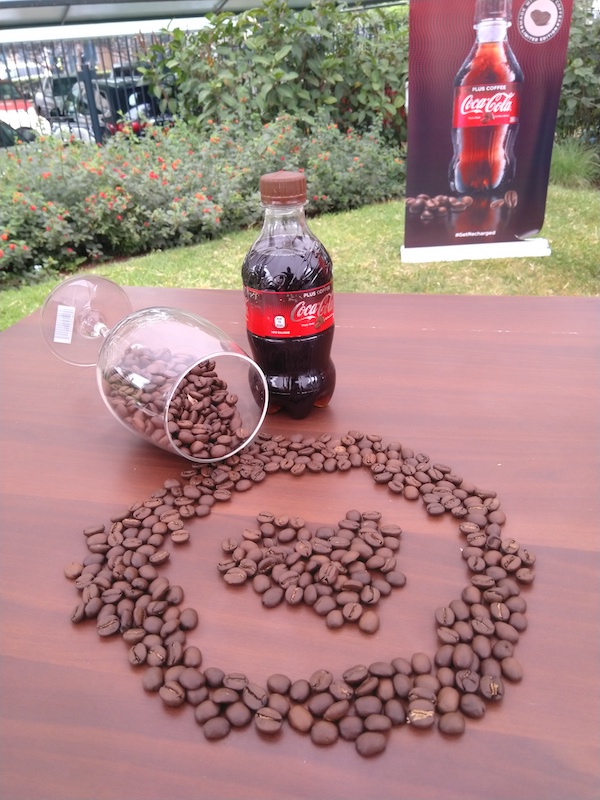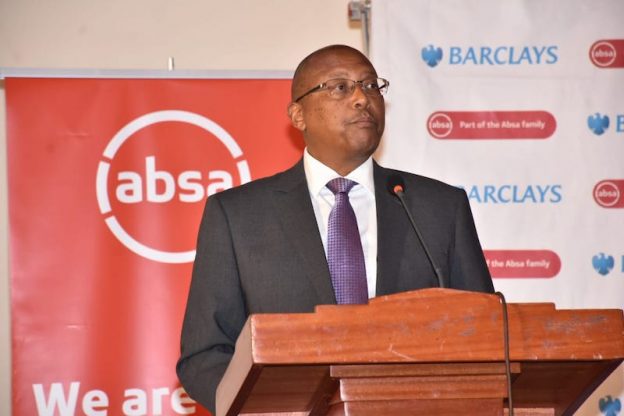Last week a team from the International Monetary Fund (IMF) released a Report known as the Fiscal Transparency Evaluation Update on Kenya. The country has had an on – and – off history with the IMF and World Bank and one of the key objectives of this report was to estimate Kenya’s balance sheet and take into account all the public sector entities which were believed to have grown significantly since 2014.
Size: The report found that there are 519 entities, including 213 extra-budgetary ones, 47 county governments, social security funds, the Central Bank and 14 financial intermediaries, and 136 public corporations. It estimates that assets are liabilities are 30% greater than in 2014.
The stock of Kenya’s public sector liabilities (mainly pensions) is high (at 30% of GDP) compared to other emerging markets and low-income developing economies and creates potential fiscal risks. Fortunately, it finds that Kenya’s public sector net worth, estimated to be -5% of GDP in 2017-18 is broadly comparable to other similar economies.
It cites some glaring issues. Nairobi County has the largest amount if negative net-assets followed by Mombasa and Isiolo, Garissa, then Murang’a. Nairobi inherited a loan it has been servicing but which still has a Kshs 3 billion balance. Also, Nairobi has guaranteed a Kshs 19.1 billion loan, which is in its books, but this relates to assets that were transferred to another entity – the Athi River Water Service Board.
PPP: Concern about public-private partnerships (PPP) projects: There are 78 PPP’s (67 by the national government and 11 by county governments) in the pipeline, worth $11.4 billion and it notes that no risk analysis is undertaken for pipeline projects, which are sizable and growing in number.
PPP projects are 13% of GDP and half of the amount relates to six projects that are at the procurement stage. These are the Nairobi Mombasa highway, Mombasa petroleum hub, Nairobi – Nakuru – Mau Summit highway, 140MW geothermal at Olkaria, road annuity programs, and a second Nyali bridge project
State Corporations: High-risk public corporations lost Kshs 23 billion in 2017–18. These were topped by Kenya Broadcasting Corporation which lost Kshs 9 billion. Its losses were equal to 436% of revenue and it has a net worth of Kshs -54 billion. Others were Kenya Railways Corporation (which lost 6 billion), Nzoia Sugar Company Limited -3 bn, and South Nyanza Sugar Company -2 bn. Also losing 1 billion each was the National Oil Corporation of Kenya (which was supposed to be an IPO candidate), Chemelil Sugar, Agro-Chemical and Food Co., Muhoroni Sugar, and the Nairobi City Water and Sewerage Co. These ten account for 95% of the loss-making entities.
Oil & Mineral prospects: Kenya has small reserves of natural resources accounting for 3.2% of GDP but non-oil mining could be 10% of GDP by 2030 with oil boosting it by another 1.5%. Neighbour Uganda has better prospects with greater amounts of proven oil (1.7 billion barrels in Lake Albert) and gas reserves and has taken steps to ensure transparency, establishing a sovereign wealth fund and moving towards joining the Extractive Industries Transparency Initiative (EITI). Uganda which has two major upstream projects – a domestic refinery and an export pipeline through Tanzania, is expected to start production after 2023 and reach a peak of 230,000 barrels per day.
Summary: The big headline so far is that approximately 500 projects are stalled with an estimated cost of Kshs 1 Trillion (12% of GDP).



